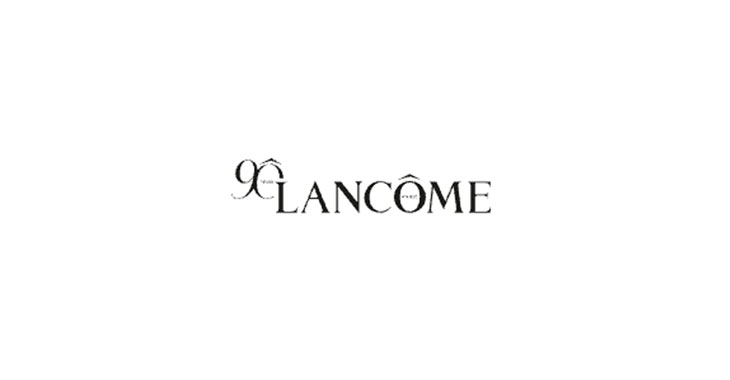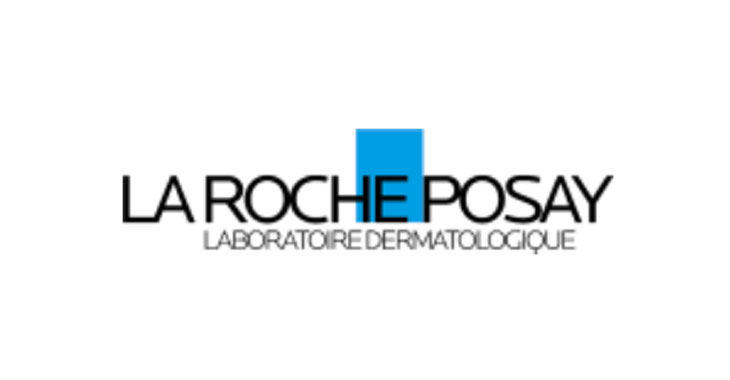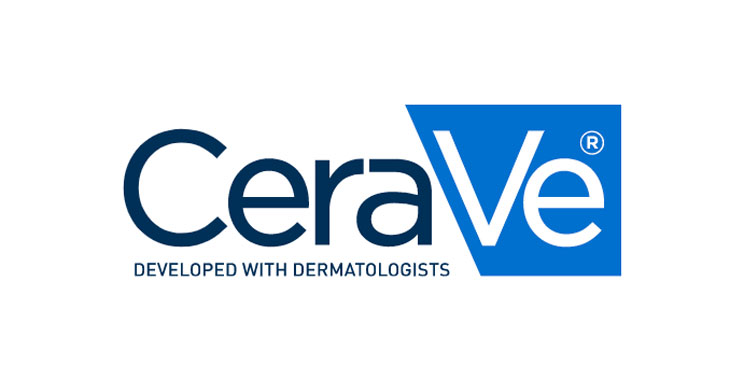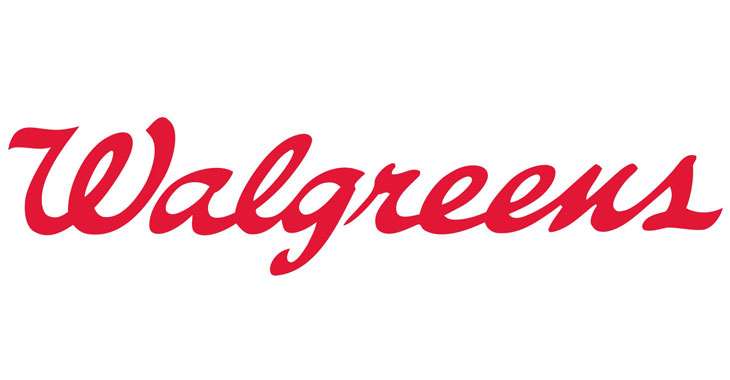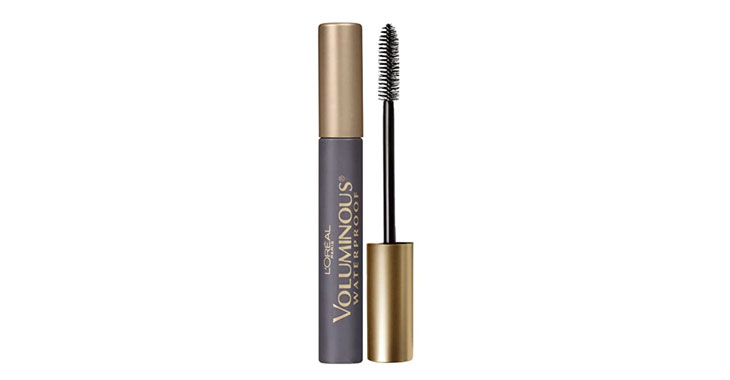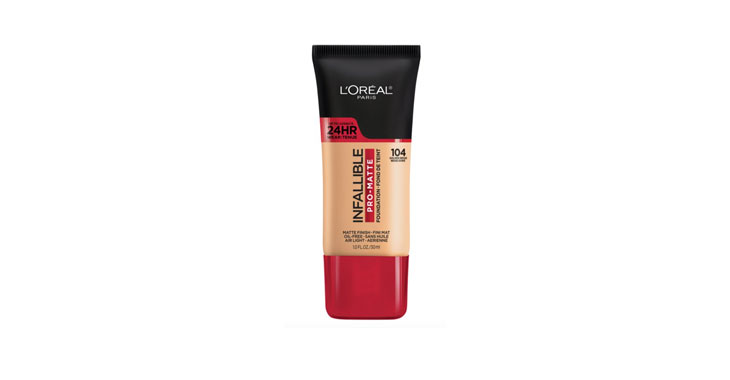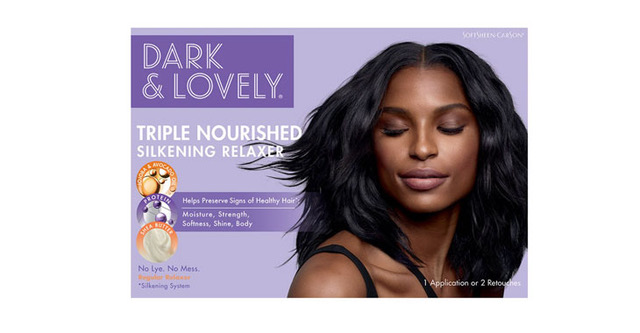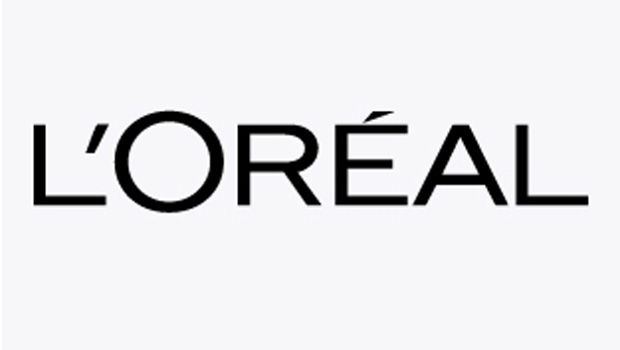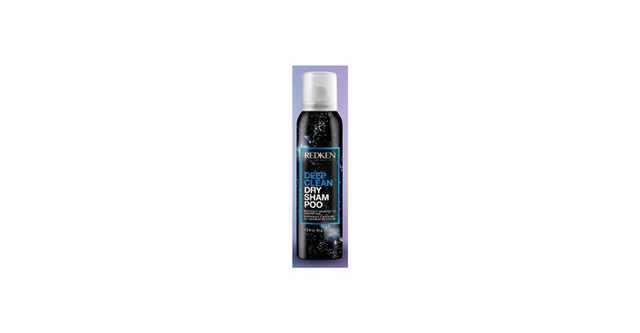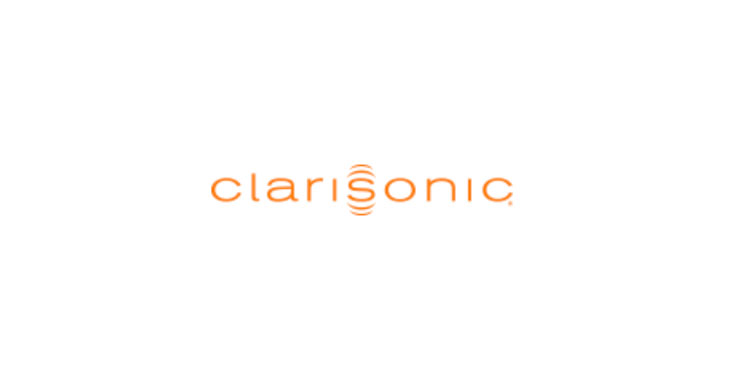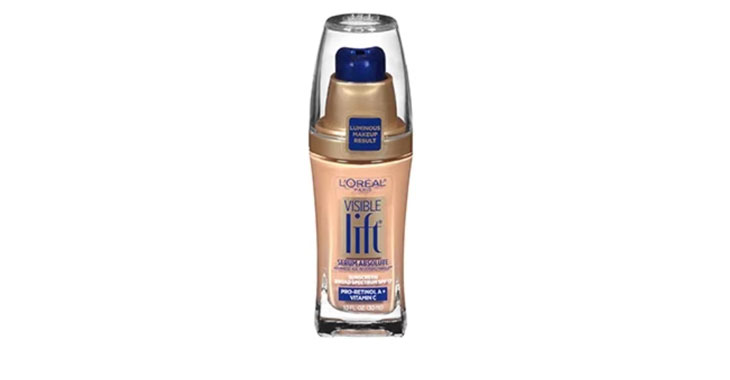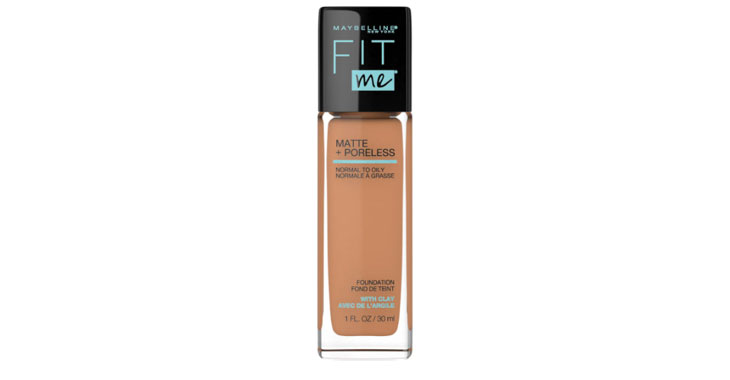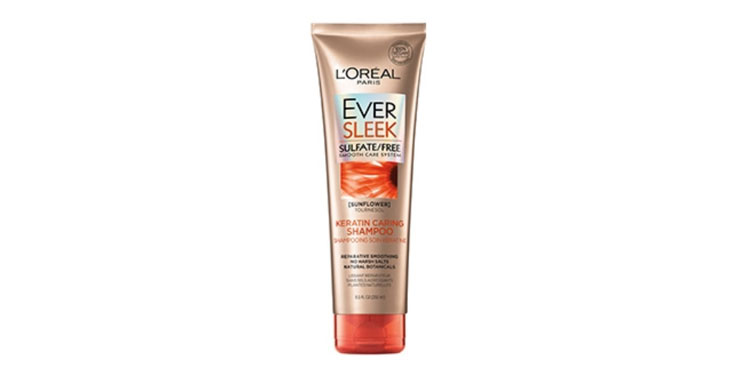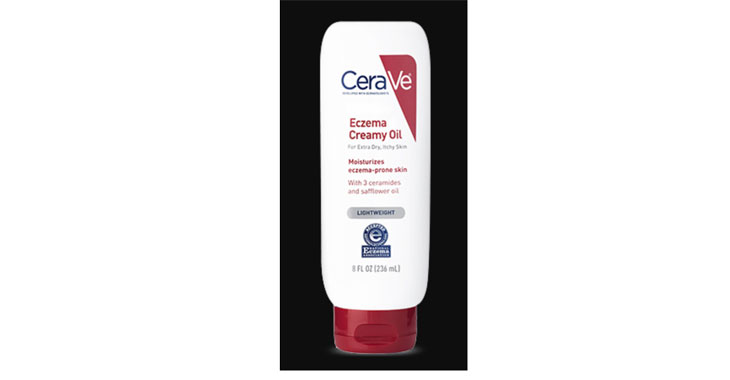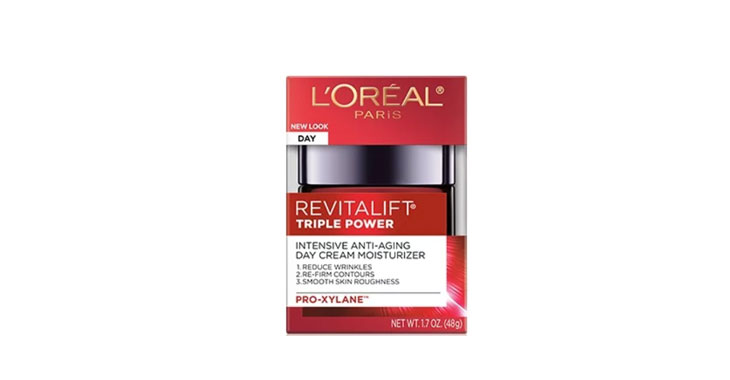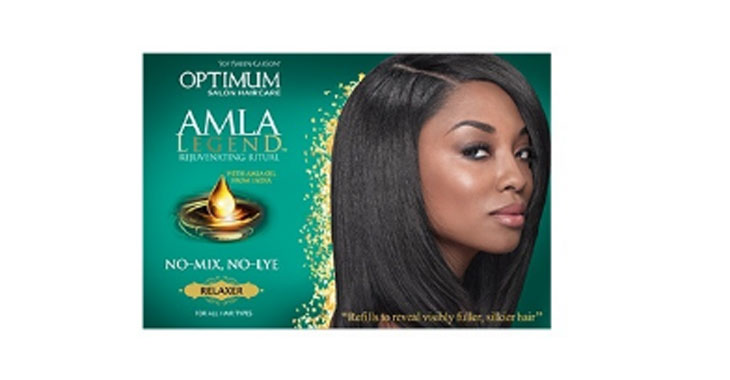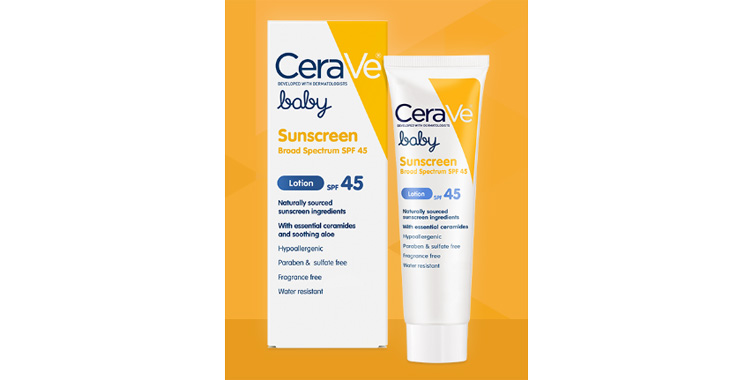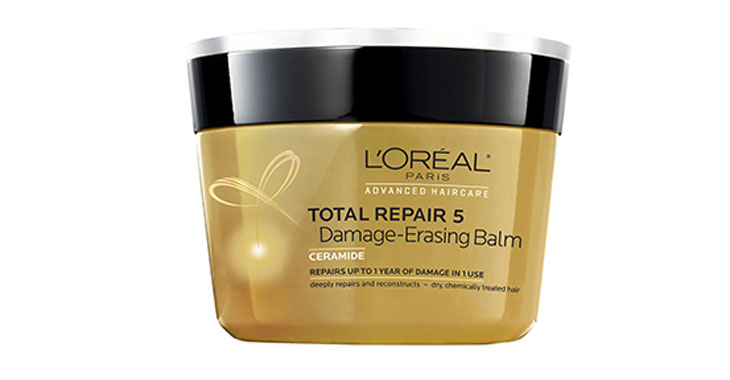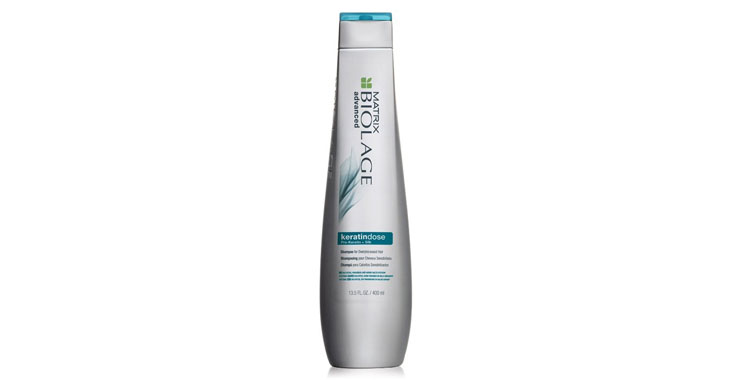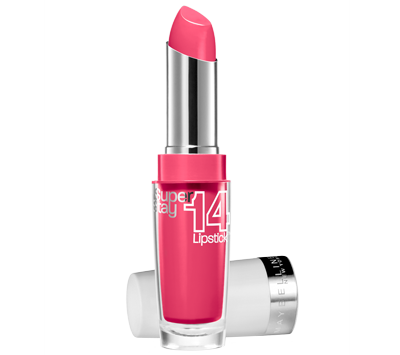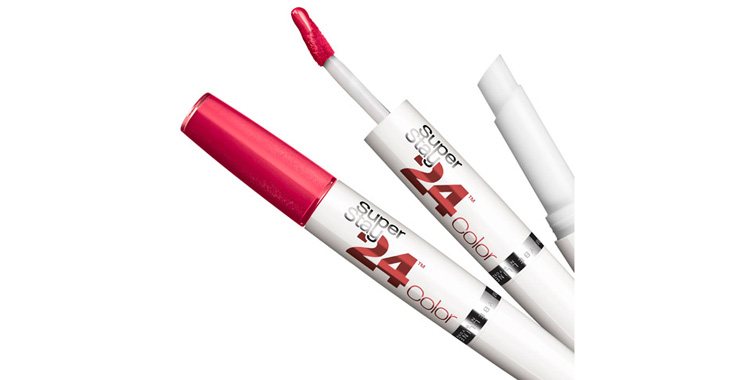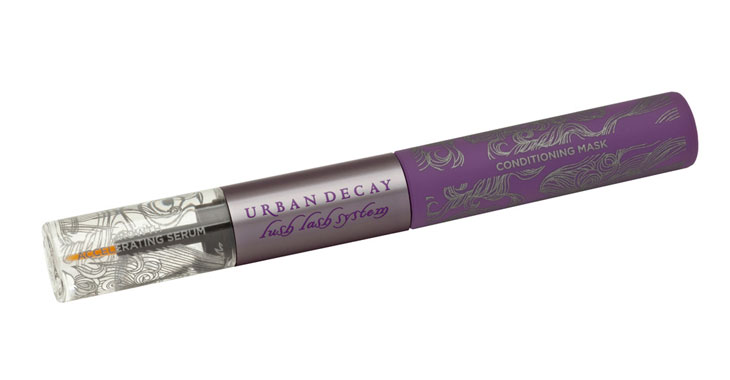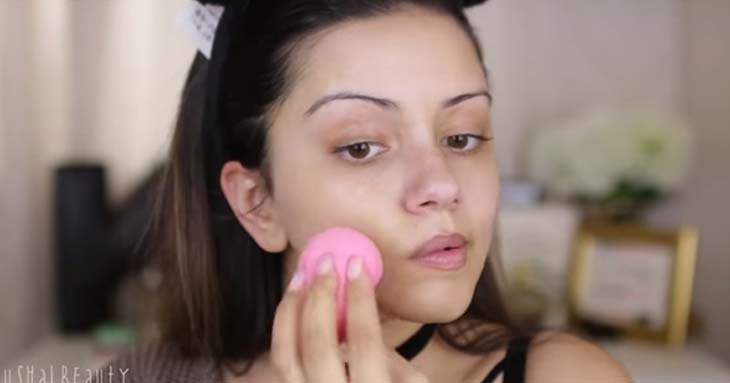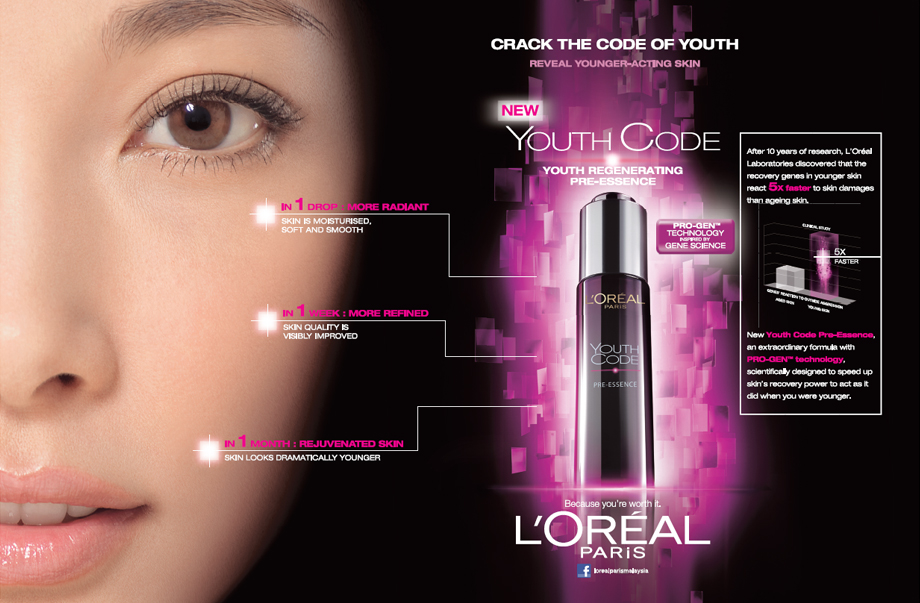
L’Oréal
TINA.org objected to a settlement that sought to resolve claims filed by the FTC against L’Oréal for deceptively advertising its Lancôme Génifique and L’Oréal Paris Youth Code skincare products by…
March 2017: Plaintiffs filed an amended complaint making similar allegations (i.e., that the companies do not adequately warn consumers that the Amla relaxer causes injuries, including hair loss and chemical burns).
December 2016: A Consolidated Amended Class Action Complaint making similar allegations was filed. According to the complaint, L’Oreal and Soft Sheen-Carson deceptively market Amla Legend Rejuvenating Ritual Relaxer as a safe and gentle product that prevents hair breakage, as well as restores hair’s shine, smoothness, and manageability, without adequately disclosing that ingredients cause injuries, including burns and blisters.
November 2016: Similar lawsuits regarding the Amla line of products were consolidated to be heard together. (In Re Amla Litigation, Case No. 16-cv-6593, S. D. NY.)
September 2016: Another class-action lawsuit was filed against L’Oreal for allegedly misleadingly marketing its SoftSheen Carson Optimum Amla Legend Rejuvenating Ritual Relaxer as a safe treatment for all hair types that provides “fuller, silkier hair” when, according to plaintiffs, consumers who used the product sustained injuries, including hair loss, blisters, and burns. (Manier et al v. L’Oreal USA, Inc. and Soft Sheen-Carson, LLC, Case No. 16-cv-6886, C. D. CA.)
August 2016: A class-action lawsuit was filed against L’Oreal USA and Soft Sheen-Carson for allegedly deceptively marketing Amla Legend Rejuvenating Ritual Relaxer as a safe and gentle relaxer kit that “relaxes for amazingly lively-looking hair” and “protects [the] scalp & skin” without adequately disclosing that use of the product can cause severe consequences, including significant hair loss and skin and scalp irritation. (Jacobs et al v. L’Oreal USA, Inc. and Soft Sheen-Carson, LLC, Case No. 16-cv-6593, S. D. NY.)
For more information about hair products and TINA.org’s coverage of them, click here.
TINA.org objected to a settlement that sought to resolve claims filed by the FTC against L’Oréal for deceptively advertising its Lancôme Génifique and L’Oréal Paris Youth Code skincare products by…
Allegations: Falsely advertising when sales end and misleadingly marketing “free” gifts without adequately disclosing that consumers must make a minimum purchase to receive them
Allegations: Falsely marketing the SPF of products as 60 when the actual SPF is 34
Allegations: Misleadingly representing that products were safe
Allegations: Misrepresenting that products were safe when they contained, or were at risk of containing, the carcinogen benzene
Allegations: Falsely advertising sunscreens as waterproof
Allegations: Falsely marketing the mascara as safe when it contains substances that can be harmful to humans
Allegations: Misleadingly marketing cosmetics as made in France when they are actually manufactured in the United States and Canada
Allegations: Failing to disclose that products contain ingredients that increase the risk of adverse health effects, including endometriosis, abnormalities in reproductive organs, and various cancers
Allegations: Failing to disclose that products contain ingredients that increase the risk of adverse health effects, including cancer
Allegations: Misrepresenting products as safe when they contain chemicals that increase the risk of cancer
Allegations: Falsely advertising that products provide protection from the sun for 24 hours
Allegations: Failing to disclose that products contain the carcinogen benzene
Allegations: Falsely advertising face brushes as waterproof
Allegations: Falsely advertising that products “restore [the] skin’s cushion” and “smooth wrinkles” when collagen applied topically does not penetrate skin to provide such benefits
Allegations: Misleadingly stating the amount of product in bottles without disclosing that bottles have defective pumps that fail to dispense significant amounts
Happy National Women’s Health Week.
Future squad goal: better #ad disclosure?
Agency gives L’Oréal a get-out-of-jail-free pass with deceptive advertising settlement.
Why TINA.org objects to the FTC’s proposed settlement with L’Oréal over deceptive advertising charges.
Company settles complaint about its gene claims.
